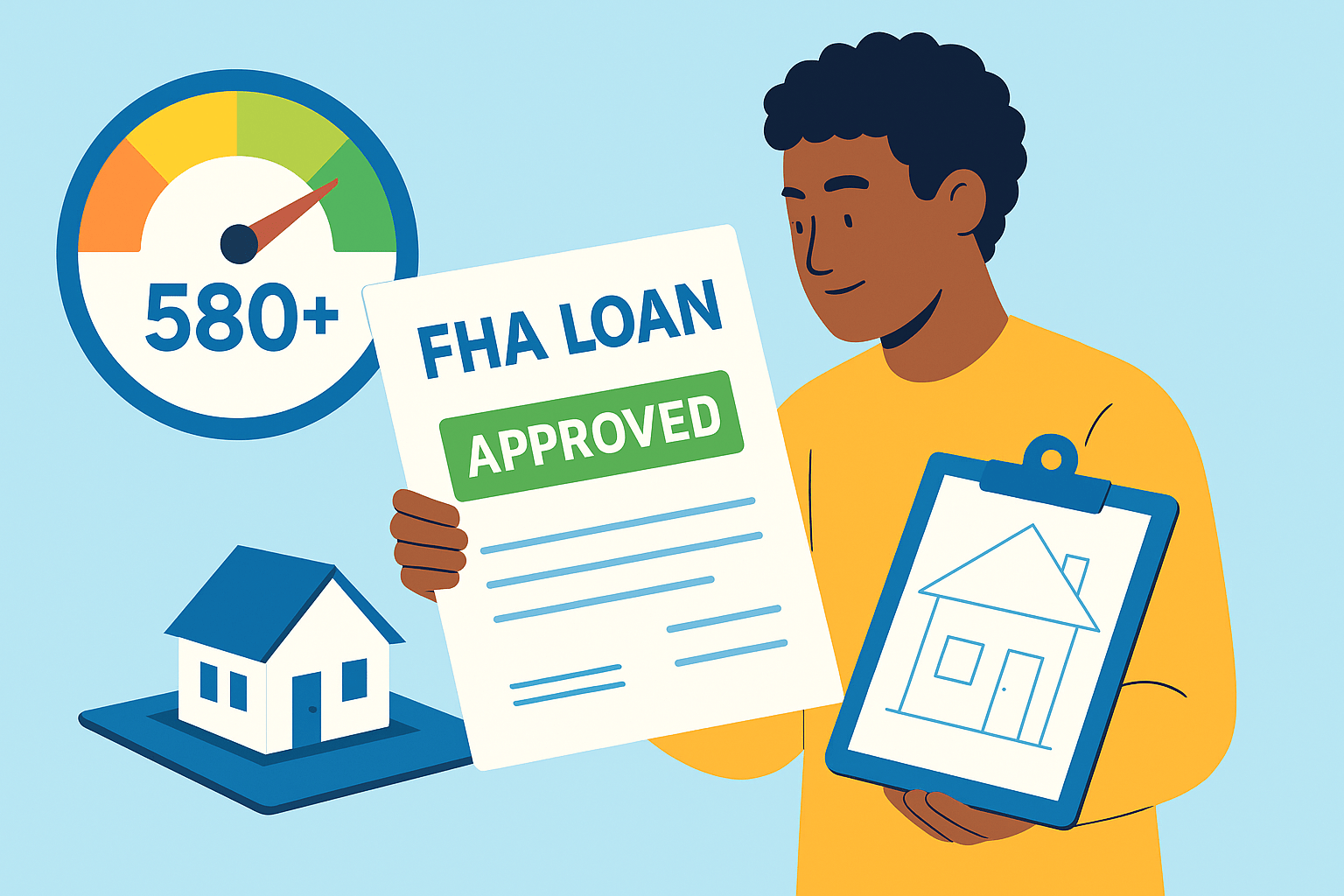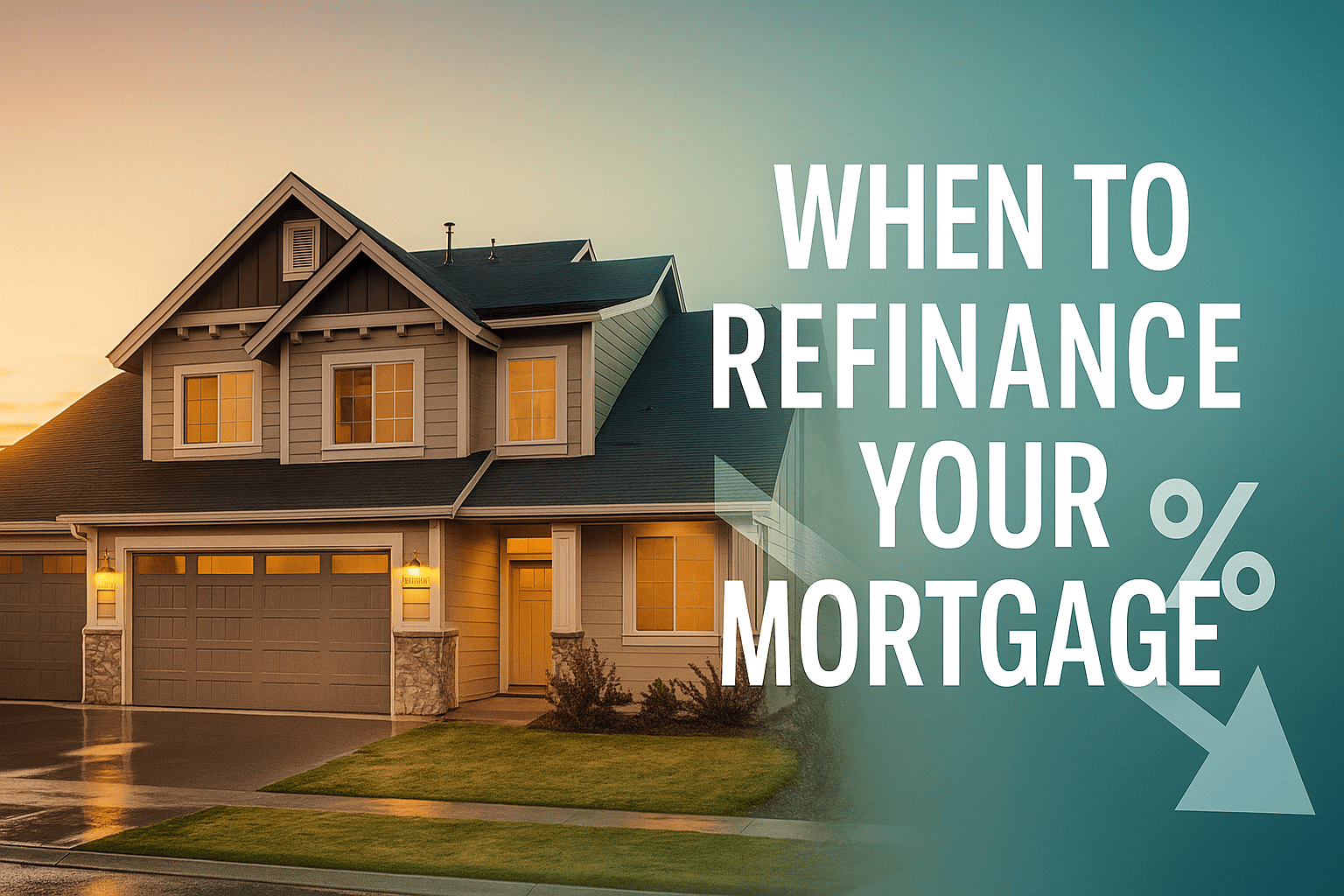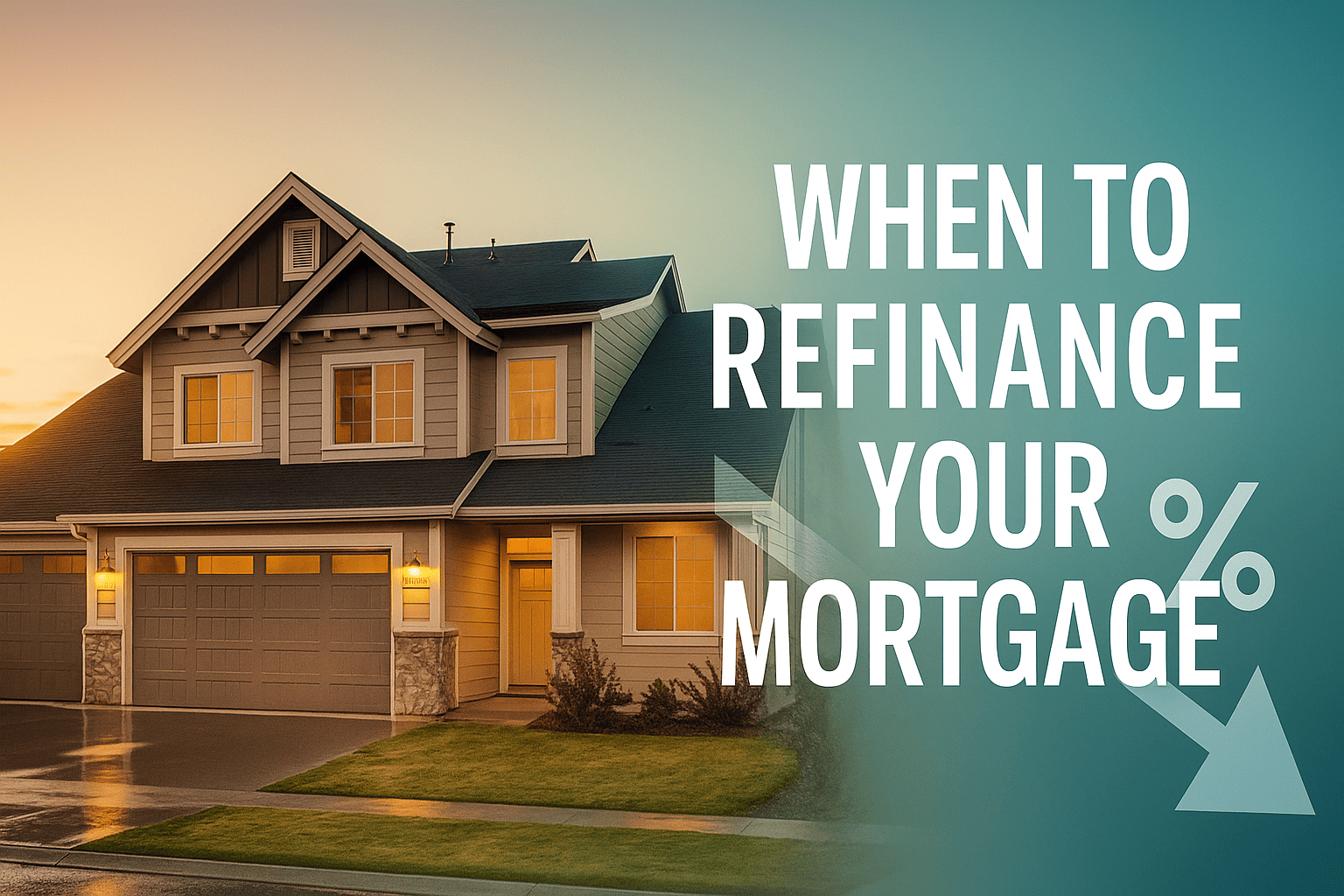CHFA Down Payment Assistance Grant First-Time Homebuyer Assistance Programs
Unlocking Homeownership in Colorado: Your Comprehensive Guide to the CHFA Down Payment Assistance Grant
Dreaming of a front-range sunrise from your own porch? The CHFA Down Payment Assistance Grant can turn that vision into an address. Below you’ll find everything first-time buyers need to know—from eligibility rules to insider tips that rarely make it into glossy brochures.
Why Down Payment Help Matters in the Centennial State
The typical Colorado starter home crept past $500,000 in early 2024, according to data aggregated from local MLS boards. Even a “modest” 3% down payment now exceeds $15,000. For many renters, saving that lump sum feels like hauling a backpack up a Fourteener with no water bottle. The Colorado Housing and Finance Authority (CHFA) recognized the struggle and created its flagship grant to bridge that gap.
Snapshot of the CHFA Program
- Grant Size: Up to 4% of the first mortgage amount.
- Forgiveness: It’s a true grant—no repayment required.
- Pairing: Must accompany a CHFA first mortgage (FHA, VA, USDA, or conventional).
- Income Caps: Adjusted by county and household size; most counties hover around $140,000.
- Homebuyer Education: At least one applicant must complete CHFA’s approved class.
How Does the CHFA Down Payment Assistance Grant Work?
The mechanics are simpler than they appear at first glance. Think of the grant as a silent partner at closing. When you take out a CHFA-backed first mortgage, the authority wires an additional sum—up to 4% of that mortgage—to cover your down payment and, occasionally, closing costs. Because the money is a grant, it shows up on your settlement statement as a credit and never re-emerges as a monthly bill.
For example, if you finance a $400,000 home with an FHA loan, the grant can contribute up to $16,000. That may cover the full 3.5% FHA down payment plus a sliver of closing costs. Suddenly, your cash-to-close shrinks to a scale many renters can manage with a modest savings plan or tax refund.
Who Qualifies for CHFA’s Grant?
Eligibility centers on three pillars: creditworthiness, income, and occupancy. You need a middle FICO score of at least 620 (though a 650+ score broadens your loan options). Household income must sit beneath county-specific limits. Finally, the home must be your primary residence; mountain cabins and Airbnb rentals won’t make the cut.
First-time buyer status is not required statewide. Repeat buyers may still qualify if they haven’t owned a principal residence in the past three years—or if they’re purchasing in a targeted census tract. This nuance surprises many Coloradans and expands the pool beyond true novices.
Real-Life Example: Rosa & Malik’s Journey
Rosa, a nurse in Fort Collins, and her partner Malik, a GIS technician, rented for eight years while juggling student loans. Last spring they found a $425,000 townhome but saved only $9,000. By pairing a CHFA conventional loan with the down payment assistance grant, they received $17,000 at closing—enough to meet a 3% down payment and prepay their homeowner’s insurance. “The grant shaved five years off our saving timeline,” Malik recalls.
Stories like theirs underscore the program’s impact: CHFA reports helping more than 140,000 Colorado households into homes since 1974, with approximately 60% using some form of down-payment aid.
What Credit Score Is Needed for the CHFA Down Payment Assistance Grant?
Lenders approved by CHFA typically request a 620 FICO minimum, mirroring national FHA standards. Yet credit score is only half the equation. Underwriters also weigh debt-to-income (DTI) ratios, reserve funds, and payment history.
- Below 640: Expect additional documentation such as rental history or proof of on-time utility payments.
- 640–680: Opens the door to most CHFA loan types but may carry mortgage insurance adjustments.
- 680+: Qualifies for reduced mortgage insurance on conventional CHFA loans—an underrated savings lever.
Tip: Pull your credit report 60–90 days before applying. Correcting an erroneous medical collection can bump a score by double digits and widen your mortgage choices.
Do You Have to Pay Back the CHFA Grant?
No payback, no hidden balloon, no second lien. The grant is not a subordinate mortgage. Once the ink dries at closing, the funds become yours, provided you occupy the property. Sell or refinance in year two? You keep the equity; the grant stays forgiven. This structure differs from programs in neighboring states that convert to loans if you move out early.
How Much Down Payment Assistance Can I Receive?
The CHFA Down Payment Assistance Grant calculates at 3%–4% of your first mortgage amount, capped by lending guidelines. Pairing the grant with CHFA’s “Preferred Plus” conventional loan yields 3%; FHA and VA pairings reach the 4% ceiling. Because limits hinge on the loan size—not purchase price—the dollar amount remains flexible across price points.
Estimated Grant Ranges (2024)
- $300,000 loan × 4% = $12,000 grant
- $400,000 loan × 4% = $16,000 grant
- $500,000 loan × 3% = $15,000 grant
When rates tick upward, some buyers opt to roll additional closing costs into the grant. A seasoned loan officer can model several scenarios within minutes.
Step-by-Step: Securing Your CHFA Grant
- Check income limits on CHFA’s site or with an approved lender for your county.
- Complete homebuyer education—online or in person. Keep the certificate handy.
- Get pre-qualified with a CHFA-participating lender; share your education certificate.
- Shop for homes within your pre-approval range—remember property taxes vary by county.
- Write an offer; speak with the lender about maximizing the grant at this stage.
- Close and celebrate. You’ll sign ordinary mortgage docs plus a brief CHFA disclosure.
Hidden Perks: Beyond the Down Payment
While headlines focus on cash at closing, the CHFA ecosystem bundles several lesser-known benefits:
- Reduced mortgage insurance on select conventional loans—with savings up to $1,200 annually.
- Optional second-mortgage programs for buyers who need more than 4% but prefer deferred repayment.
- Post-purchase counseling to navigate repairs, budgeting, and even refinancing strategies.
- Energy-efficiency rebates: Certain utility providers extend credits to CHFA borrowers installing high-efficiency systems.
PAA Spotlight: Frequently Googled Questions, Answered
Can I combine the CHFA Down Payment Assistance Grant with other programs?
Often, yes. Many Colorado municipalities—Aurora, Denver, Pueblo—offer supplemental grants or “silent seconds.” Your lender coordinates stacking rules to avoid exceeding contribution limits. Check for overlap on occupancy requirements and income caps.
Is the CHFA Down Payment Assistance Grant taxable income?
Generally, no. Because it’s a qualified housing subsidy, the IRS does not treat the grant as income. However, you can’t claim it as a deduction either. Always confirm with a tax professional if your situation is unique.
Mini-Case Study: The Ski-Town Curveball
In Steamboat Springs, where median prices eclipse $700,000, a teacher named Gabe leveraged CHFA’s grant plus a district-specific incentive program. By combining 4% from CHFA and $10,000 from the Yampa Valley Housing Authority, his cash-to-close fell under $5,000. The twist? Gabe purchased a deed-restricted unit requiring local employment. This synergy of programs illustrates creative pathways in pricey resort markets.
FAQ Block
What documents do I need for CHFA approval?
Expect pay stubs, two years of W-2s, tax returns for self-employed, bank statements, and your homebuyer education certificate.
Can I use the grant for closing costs?
Yes, if your down payment is satisfied first. Any leftover funds can offset loan fees, escrows, and prepaid items.
Does the program work with manufactured homes?
Manufactured homes built after June 15, 1976, and titled as real property are eligible under FHA, VA, or USDA CHFA loans.
How long does closing take with CHFA?
Timelines mirror standard mortgages—about 30-45 days. Early document submission keeps the file moving.
What are the 2024 income limits?
Limits vary: roughly $142k in Denver Metro, $120k in Pueblo, and $160k in Eagle County. Verify updated tables on CHFA’s site.
Next Steps: Turn Knowledge into Keys
What documents do I need for CHFA approval?
Expect pay stubs, two years of W-2s, tax returns for self-employed, bank statements, and your homebuyer education certificate.
Expect pay stubs, two years of W-2s, tax returns for self-employed, bank statements, and your homebuyer education certificate.
Can I use the grant for closing costs?
Yes, if your down payment is satisfied first. Any leftover funds can offset loan fees, escrows, and prepaid items.
Yes, if your down payment is satisfied first. Any leftover funds can offset loan fees, escrows, and prepaid items.
Does the program work with manufactured homes?
Manufactured homes built after June 15, 1976, and titled as real property are eligible under FHA, VA, or USDA CHFA loans.
Manufactured homes built after June 15, 1976, and titled as real property are eligible under FHA, VA, or USDA CHFA loans.
How long does closing take with CHFA?
Timelines mirror standard mortgages—about 30-45 days. Early document submission keeps the file moving.
Timelines mirror standard mortgages—about 30-45 days. Early document submission keeps the file moving.
What are the 2024 income limits?
Limits vary: roughly $142k in Denver Metro, $120k in Pueblo, and $160k in Eagle County. Verify updated tables on CHFA’s site.
Limits vary: roughly $142k in Denver Metro, $120k in Pueblo, and $160k in Eagle County. Verify updated tables on CHFA’s site.
The CHFA Down Payment Assistance Grant stands out for its simplicity and generosity—no repayment, statewide reach, and flexible pairings with FHA, VA, USDA, or conventional loans. Whether you’re mapping your first trailhead outside Boulder or scouting a bungalow in Colorado Springs, the grant can condense years of saving into weeks of paperwork.
Ready to explore your options? Connect with a CHFA-approved lender today, line up your homebuyer education class, and start browsing listings with fresh confidence. The porch light on your future Colorado home is already flickering—go flip the switch.
Explore More Blog Posts
Checkout more similar posts those will help you to choose better property.












 Profile
Profile Password
Password Saved Properties
Saved Properties Sign Out
Sign Out
 +0.01
+0.01
 -0.15
-0.15

